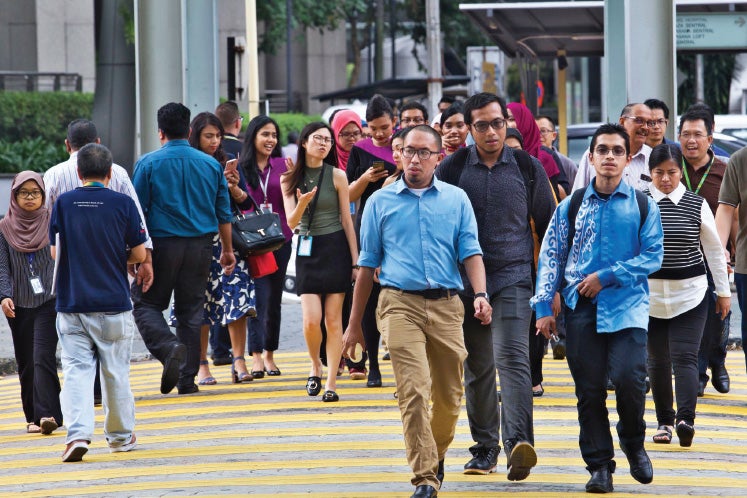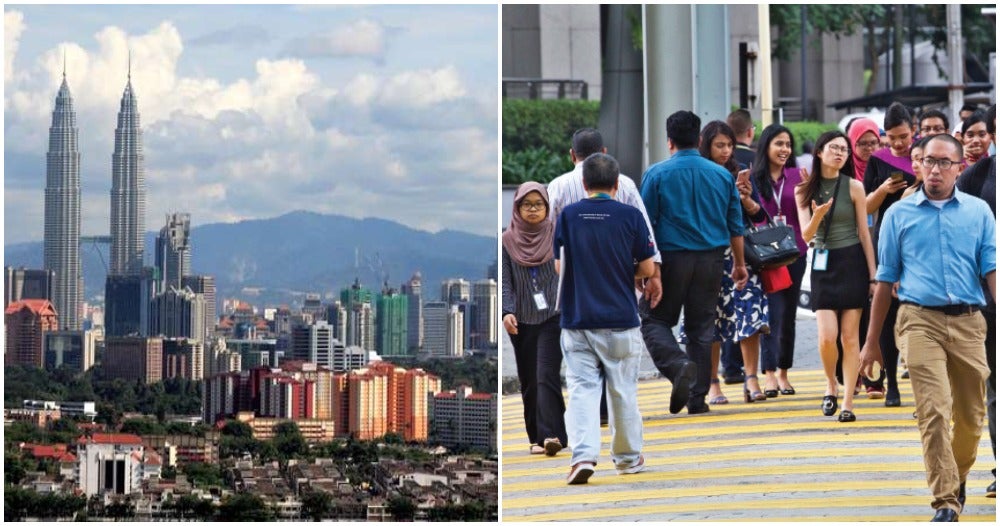Ever since the world was taken over by the Covid-19 pandemic, many countries suffered greatly in terms of economic growth. Malaysia also had to endure the same problem as every other country. During the lockdown phase, many Malaysians became casualties to unemployment.

Losing their jobs and having the need to turn to other methods of generating income, that was what many Malaysians faced during these challenging times. However, according to UOB Global Economics & Markets Research, Malaysia’s labour market conditions have improved with the unemployment rate falling to 4.7% in July, previously 4.9% in June.
It is also reported that 83.2thousand people have gained employment. The total number of employees rose above 15 million people for the first time in four months. Many economic sectors reported an increase in hiring since June.
The increase in the services sector is led by the accommodation, food & beverages, and transport and storage sectors. Meanwhile, in the manufacturing sector, the increase in employment rate is led by electrical & electronics, metal-related, printing, plastic, motor vehicles, and rubber products sub-industries.
The Recovery Movement Control Order (RMCO) which started on 10 June has allowed more economic sectors to resume their businesses. It also helped to ease the labour market stress. The number of unemployment also dropped to 9.3thousand in August (July: 16.7thousand, June: 18.6thousand).
The total labour force increased by 55thousand people to 15.82million people in July as a result of more economic sectors reopening under the RMCO.
The number of people temporarily not working due to the pandemic fell to 104.3thousand in July, previously 908.9thousand in June. These group however were not categorized as unemployed as they had work to return to. The decline in numbers is partly due to the resumption of the education sector. With the reopening of schools and childcare centres, parents are now able to return to work.
There were also several initiatives done by the government to boost back the economy. The Wage Subsidy Program (WSP), Employee Retention Program (EPR), Hiring Incentive Program (PenjanaKerjaya), and Tekun Business Recovery Scheme are some of the initiatives that have helped to support the labour market during the MCO.
The WSP took effect from 1 April until 9 September 2020. Since its commencement, it has helped 2.7million employees through an approved allocation of RM13.8billion to 330,682 employers. 7,543 employees also found new jobs under the Hiring Incentive Program (PenjanaKerjaya) as of 24 July.
Despite the tough time that we are facing currently, there has been a number of initiatives provided by the government in order to help Malaysian adapt to the new normal that we are living in. Slowly but surely the economy of the country is growing day by day.
What do you think about this? Let us know in the comments.
Also read: World Bank: Malaysia’s Economy Will Begin Recovering By Year-End, Return To Growth By 2021






































